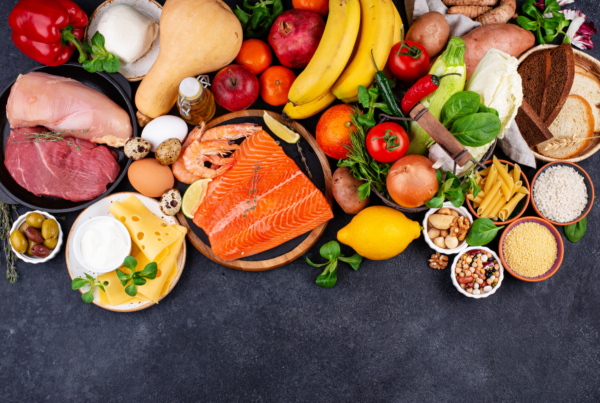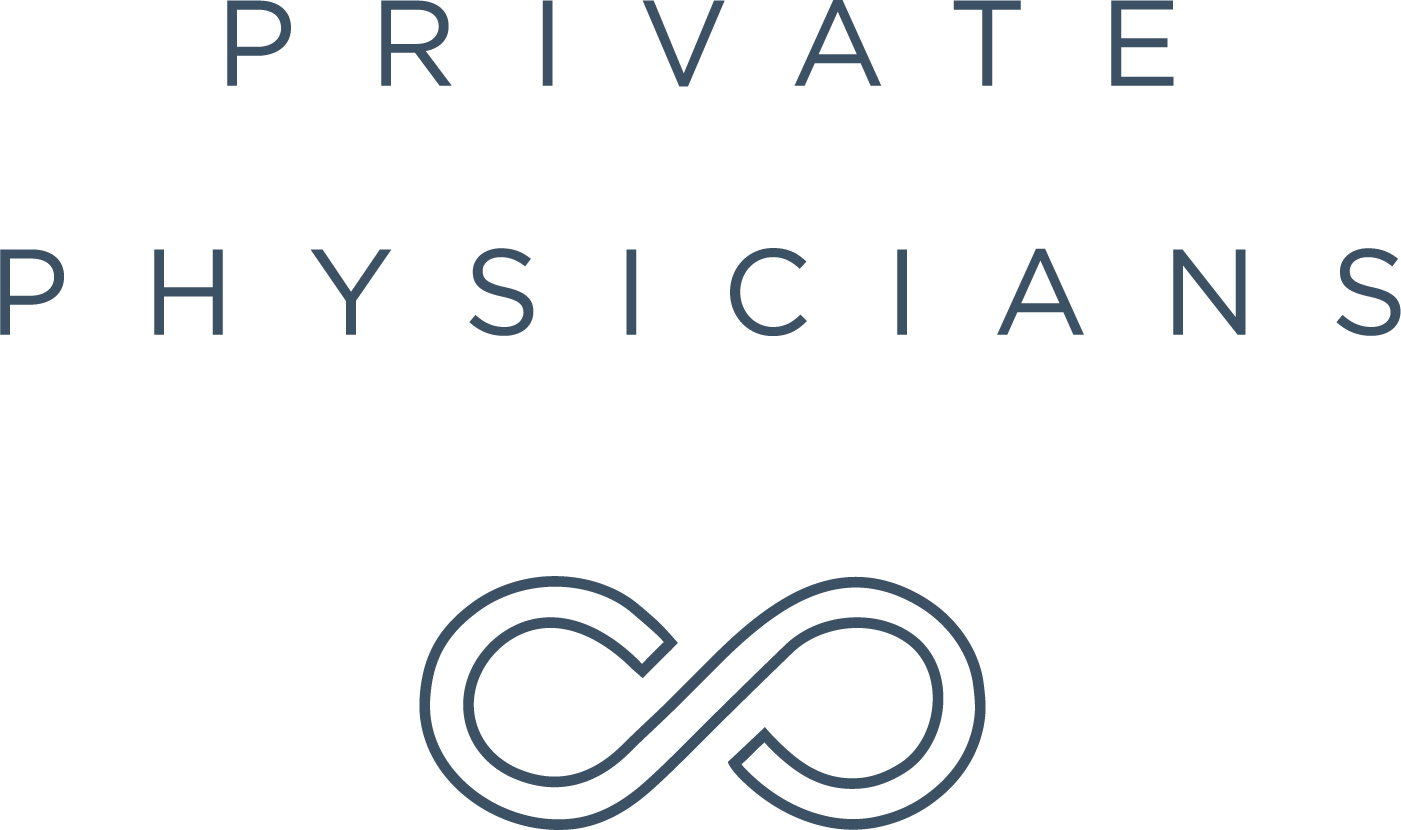Your Cholesterol Is High, But What Does That Really Mean?
Here’s the deal. Stroke and heart attack numbers are at all-time highs. Yet, the sad irony is that we are also consuming less dietary fat and cholesterol at the same time.
Here are 2 major take aways that you’ll learn from this post…
Cholesterol is necessary for life, without it we would die. It makes many of your hormones and is found in every cell wall of every cell in your body. Matter of fact, every cell in the human body has the ability to make the cholesterol that it needs to replenish its own supply. What’s more interesting is that the liver has the ability to become your body’s cholesterol factory. In other words, if there’s ever any deficiency, the liver has the ability to produce all you need and more.
There Are Two Things About Cholesterol That You Have To Know.
Where does cholesterol come from? Most people believe that dietary cholesterol is the only place that you get cholesterol. Therefore, controlling dietary intake of cholesterol will control your blood counts. This is wrong. The problem is that, while dietary intake does play a role in our cholesterol levels, we’re completely missing the second place that cholesterol is made. It’s made in the liver. So, you can either eat cholesterol or you make cholesterol.
Does eating fat make you fat and also raise your cholesterol? While dietary intake of fat and cholesterol will have an effect on your overall cholesterol numbers, it will not make you fat (this will be discussed in a future post) and it does not have nearly the effect on your cholesterol that main stream media and pop culture are telling you. Your liver is controlling about 80-90% of your total cholesterol levels. You can either eat cholesterol or you make cholesterol. The challenge is when you get told that your cholesterol is high from your doctor, you immediately say, “Oh, well, I guess I should stop eating bacon, because bacon has cholesterol.”
While Dietary Cholesterol Intake Has Some Minor Effects On Your Overall Levels, Your Liver Over Producing Cholesterol Is The Primary Problem — And Nobody Is Addressing This.
You need to have conversations about this with your doctor.
As you may know, a normal total cholesterol is somewhere between 150 – 200 and it can get really, really high for some individuals. For most physicians, they’ll say if your cholesterol is above 200, you need to try diet and exercise for six months. If not, you’re going to put on a statin. Knowing your total cholesterol is literally — like they say, “knowing enough to be dangerous” — because it actually doesn’t tell you anything about what is making up that number. We have to know the details.
Step One Is To Know Your HDL Level.
What is HDL? I always remember this by, “H” for high. You want your HDL as high as possible.
I had a private client just last week who had a total cholesterol of 216 and was told that she needed to be on a statin for the past couple of years. When I looked at her HDL, it was 80, which for those of you who don’t know these numbers, this is about two to three times what the average HDL level is for a woman of her age. That high HDL was the sole contributing factor to her high total. Her bad cholesterol (which I explain below) was actually in the tank. She doesn’t have any increased risk of heart disease at all. Matter of fact, an HDL this high is cardio-protective.
HDL LEVELS ABOVE 55 WILL HELP PREVENT HEART ATTACKS AND STROKE.
High levels of HDL are directly correlated with low risk of heart disease and stroke. If you’ve got a low HDL, you’re in real trouble. I don’t care how low your total cholesterol is. If your HDL is low, you’re going to be in trouble. You’ve got to know what your HDL levels are. For men and women, you really want this above 50. The higher, the better, but you’ve got to get it above 50.
Step Two Is To Know Your Triglyceride Level.
Triglycerides are fatty sugars which, like HDL, are one of the only things in your total cholesterol panel that actually have any real value. Triglycerides are created from excess blood sugar by the hormone insulin (much more on this in a future post). If your triglycerides are high — especially if you also have a low HDL — you are a heart attack waiting to happen.
TRIGLYCERIDE LEVELS BELOW 150 LOWER RISKS FOR HEART ATTACKS AND STROKE.
For my private clients, I really work very hard to get them under 100. Not just because it makes me feel good, but because these numbers matter.
Now, if you happen to be somebody who also has a low HDL—remember, we want that as high as possible — along with high triglycerides, this is a heart attack waiting to happen. You have got to have this conversation with your doc. You’ve got to know what your ratio is of Triglycerides and HDL.
YOUR TRIGLYCERIDE : HDL RATIO IS CRITICAL TO MINIMIZING YOUR HEART ATTACK AND STROKE RISK.
If your ratio of triglycerides to HDL is five or greater, you are in harm’s way. You are knocking on the door of a condition that we’re calling metabolic syndrome (much more on this in a future post), which is one of the single biggest predictor of heart attack and stroke that we have in modern medicine.
Step 3 Is To Know Your LDL Level.
What is LDL? I like to think about “L” as low as possible.
This is the cholesterol that is found within plaques that rupture and break off into your heart and give you heart attack or break off into your brain and give you a stroke.
The challenge is, it’s not enough to just know your LDL level. You’ve got to go even deeper, because it turns out LDL has two different sizes.
Small Dense LDL.
Big Fluffy LDL.
All you need to know is that that small dense is what causes the heart plaque. When you get your cholesterol panel, do not be satisfied with, “Well, Jim, you’ve got high cholesterol. We ought to put you on a statin.” Get all your numbers first.
LDL Less Than 100 With Small Dense LDL As Low As Possible Reduce Your Risks For Heart Attack And Stroke.
Now, some of these are not standard tests. You have to ask for them by name. Please do yourself a favor and ask for your specific numbers, because if you know your numbers, you really know much more about how to take better care of yourself and be healthy, which is why you are even reading this.
BEFORE YOU TAKE A STATIN…
Listen, I’m not here to knock the drug companies. Medications can and do save lives.
And I’m also not here to knock the class of medicines called Statins (like, Lipitor, Crestor, etc), but I need to be totally honest with you. These medicines are not without risk.
Truth is every medicine has a risk, and you’ve got to make a decision whether the benefits outweigh the risk. You need to understand that the data is crystal clear that taking Statins is not without risk.
THERE IS A CLEAR CORRELATION BETWEEN TAKING STATINS AND RISK OF DIABETES AND ALZHEIMER’S DEMENTIA.
So there better be a clear indication as to why you’re taking a Statin, and it better not be because you have a cholesterol of 220 without knowing your numbers. I’m just telling you. You’ve got to dig into this, because you need to know what you’re getting into.
Let’s Wrap This Up With Some Major Take-Home Points…
The number one driver of cholesterol in your blood is the liver. And the primary stimulus for this over-production in the liver is something called insulin (much more about this in future posts). Insulin is the hormone you release from you pancreas in response to high blood sugars. The higher the blood sugar, the more insulin you need. This is why all diabetic have high cholesterol. This is a big deal.
If you’re not diabetic and you have high cholesterol, it’s for the same reasons as above, not because you’re eating too much dietary bacon. What’s happening is that you’re eating too many things that raise your blood sugar, and it’s that elevated blood sugar that triggers an insulin response that not only lowers the blood sugar, but it hits the liver, and it causes an increased production of cholesterol. So when you’re eating a plate of biscuits and bacon, it is definitely affecting your cholesterol, but it’s not the bacon. It’s the biscuits. We have a biscuit problem, not a bacon problem.
Know your numbers. Total cholesterol is not important. But knowing your HDL, Triglyceride, and Small Dense LDL cholesterol numbers can save your life.
Don’t start on a Statin unless you know ALL your numbers and have had meaningful conversations with your doctor about the risks vs benefits.
I hope you enjoyed this post.and it was valuable for you. I know that some of these topics may be new, but a lot of this information is starting to get out into the world, which excites me, because you can only hold truth down for so long.
Please leave your comments, questions, and if there’s any other topics that you’d like to have discussions around or you’d like to hear more about.
If you prefer video content, please be sure to subscribe to our YouTube show. And if you prefer audio, you can find our show on iTunes.
Take care.
— Aaron Wenzel, MD

Dr. Aaron Wenzel is a concierge physician specializing in the care of fast-moving entrepreneurs, executives, and public figures in the Nashville, TN area. Dr. Wenzel’s diverse life experience and extensive training in family medicine, emergency care, nutrition, and hormone replacement therapies give him the unique platform to provide unmatched care for his patients.






Hi, this is a comment.
To get started with moderating, editing, and deleting comments, please visit the Comments screen in the dashboard.
Commenter avatars come from Gravatar.